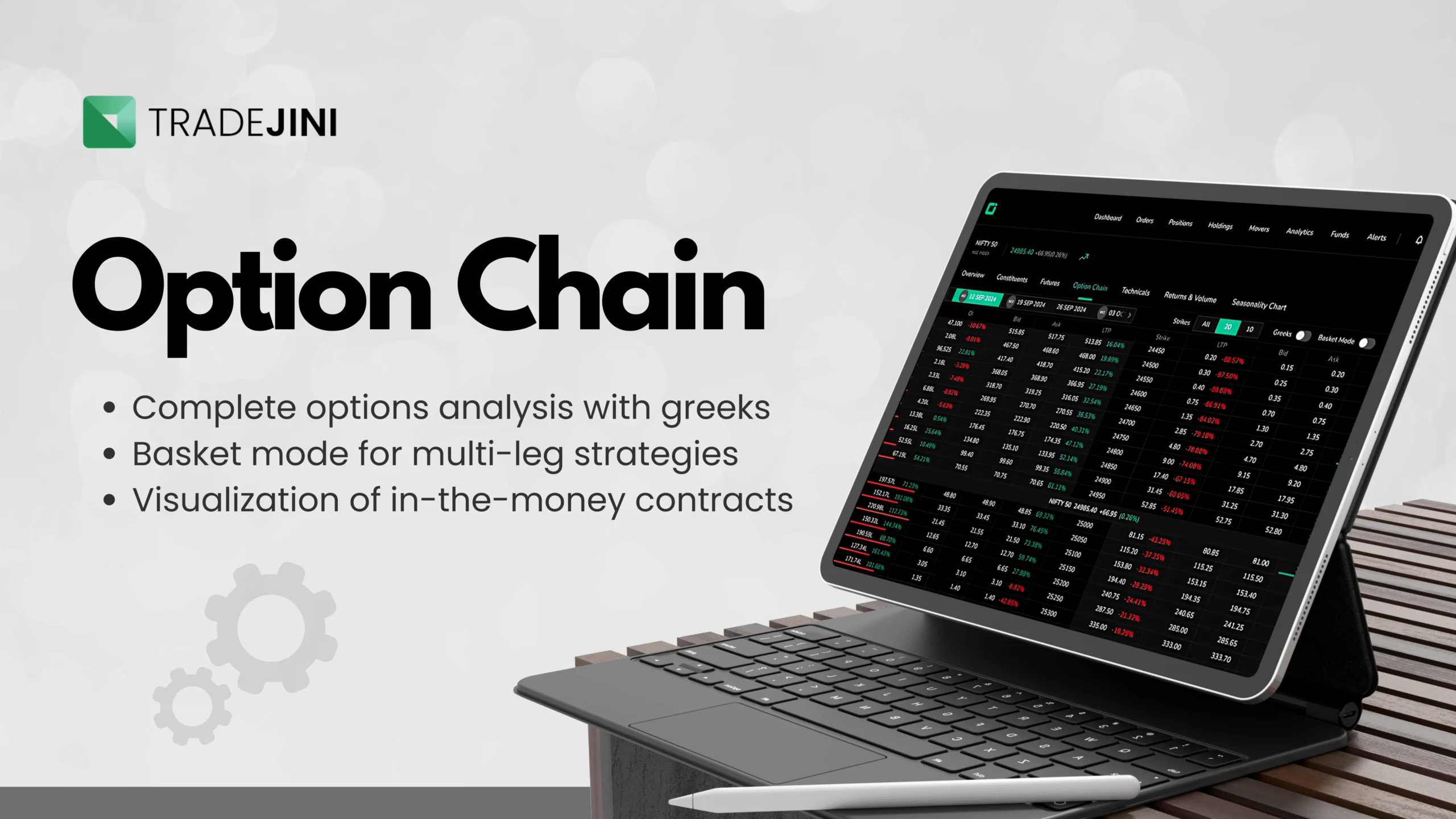Gone are the days when gold, real estate, post office savings plans, and fixed deposits were the primary investment options. Today, stock markets have emerged as one of the most popular and dynamic investment avenues, attracting individuals across all age groups and backgrounds. But what about government employees? Can they invest in the stock market? Are there any restrictions? Let's dive into the details.
Understanding the Legal Framework for Government Employees
The investment activities of government employees are governed by the Central Civil Services (Conduct) Rules. These rules outline the policies regarding the prohibition of speculative trading, transparency in investments, and the mandatory disclosure of investment activities. These regulations apply uniformly to all government employees, whether they work for the state, central, or union territory governments.
Can Government Employees Open a Demat Account?
Yes, government employees can open a Demat account. There are no restrictions preventing them from investing in stocks and other financial instruments through a Demat account. However, certain guidelines must be followed to ensure compliance with the rules.
Can Government Employees Invest in Stocks?
Yes, government employees are allowed to invest in stocks.
Limitations For Government Employees to Invest in Stocks:
Non-Speculative Investments
Government employees can only make investments intended to be held for at least six months. These investments must be non-speculative and non-frequent.
Registered Stockbrokers
All investments must be made through registered stockbrokers or their authorized persons.
Disclosure Requirements
If the total value of investments exceeds six months of their basic pay, government employees must inform the government.
Restrictions on IPOs and FPOs
Government employees are generally restricted from investing in Initial Public Offerings (IPOs) and Follow-on Public Offerings (FPOs).
Conflict of Interest
Government employees must ensure that their relatives' investments do not create conflicts of interest. They are also responsible for preventing any personal conflicts arising from their relatives' financial activities.
Can Government Employees Engage in Trading?
No, government employees are prohibited from engaging in speculative trading. This includes trading in futures and options (F&O) and other high-risk financial instruments. Frequent buying and selling of stocks and other assets are deemed speculative and are not permitted under the law. Government employees must avoid any trading activities aimed at short-term profits.
Why do these rules exists
The restrictions on government employees' trading activities serve several important purposes:
Preventing Conflicts of Interest: Trading could impair government employees' ability to perform their official duties impartially, potentially influencing decision-making and work performance.
Avoiding Speculative Practices: Trading, especially in derivatives and other high-risk instruments, is considered speculative. The prohibition ensures that government employees focus on stable, long-term investments that uphold public trust.
Maintaining Public Integrity: These rules help prevent the misuse of sensitive information and reduce the risk of corruption, thereby maintaining the integrity of the public service profession.
Consequences of Violating the Rules
The consequences of violating these investment rules vary depending on the severity of the breach. Minor infractions may result in warnings or small fines, while more serious violations could lead to higher penalties, suspensions, or even lawsuits. Government employees could also lose certain benefits or allowances if found guilty of severe breaches.
Safe Investment Options for Government Employees
While speculative trading is off-limits, government employees can freely invest in the following safe avenues:
Conclusion
As the financial landscape continues to evolve, it's possible that the investment restrictions for government employees may change in the future. However, under current regulations, government employees have access to a variety of safe investment options but must steer clear of speculative trading and adhere to strict disclosure requirements.
It's essential for government employees to consult with financial or legal experts to ensure they comply with the rules and avoid any legal or financial consequences.
Also Read: Bajaj Group’s Iconic Journey: Vision, Milestones, Subsidiaries, and Legacy




